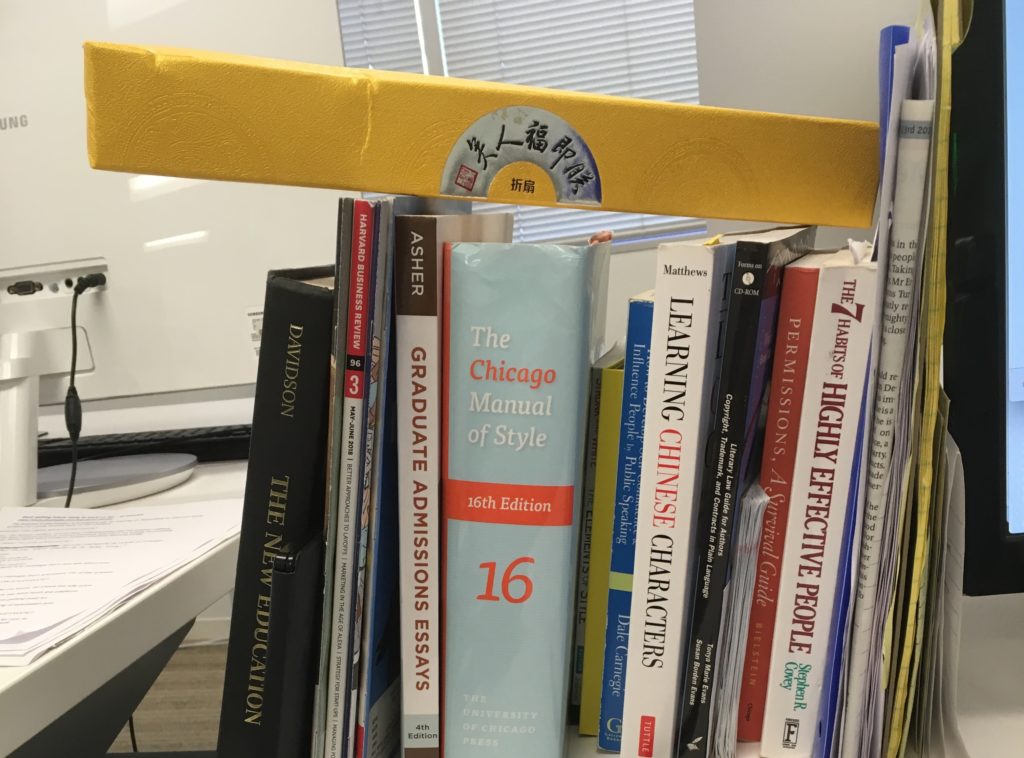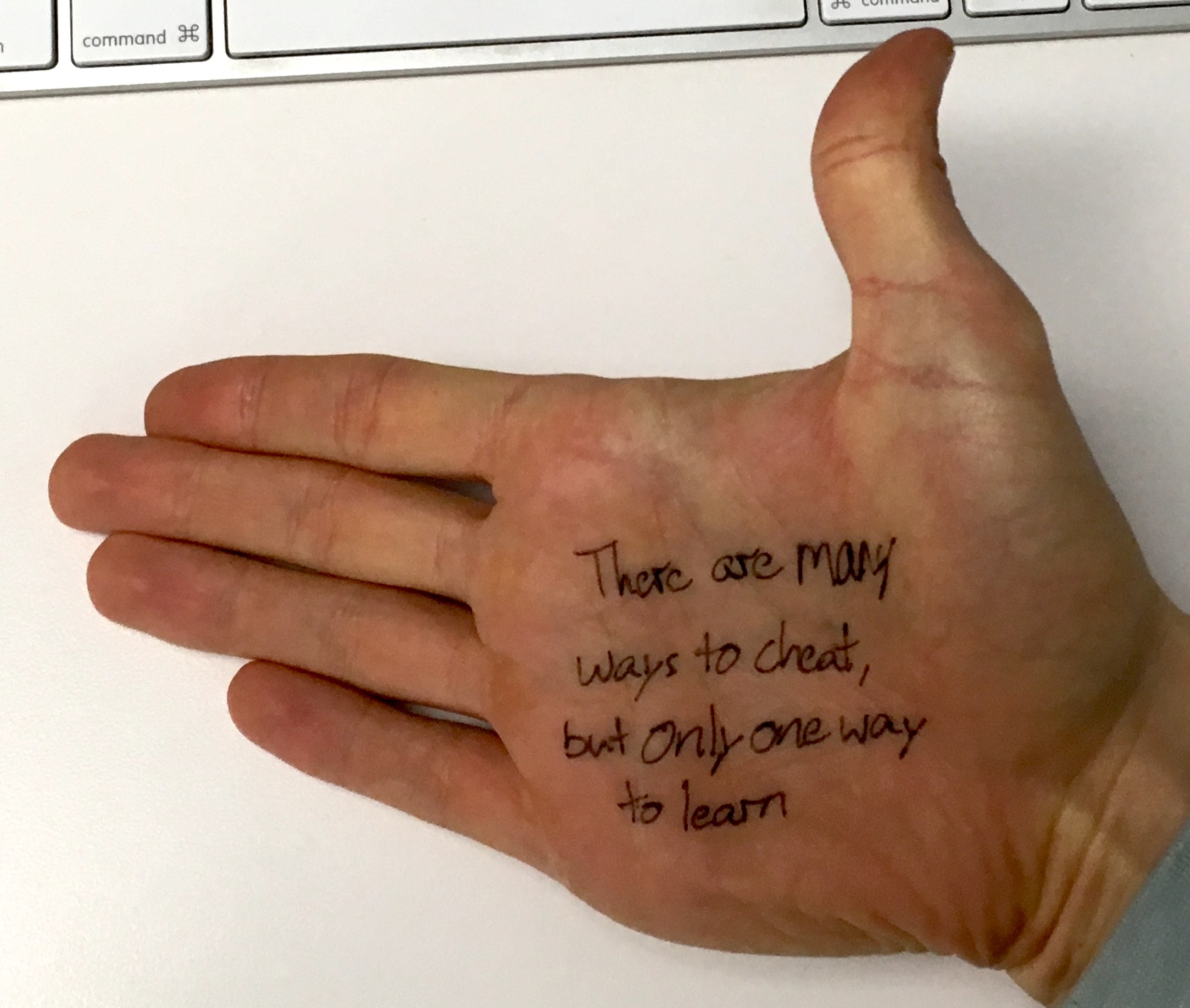Mark Twain wouldn’t like the idea of cheating while you’re young, but he also lived in a world where the age of adulthood was 10 or 12. So maybe you’re already old enough to break the rules, at least by 19th century standards.
Having thrived in spite of his bad business chops, the wisdom of Twain still resonates today. Children still have to meet parent expectations. Teachers are still severe. Each generation passes the pain it experienced to the next one out of annoyance for the lack of love received, incessant “no you can’t do that” messages we heard as children, and desire to get ahead. The difficulties humans cannot process or describe are projected onto future generations, rinse and repeat.
No wonder a student would seek how to cheat to get ahead. All these adults berating and telling students to follow the rules — the process is exhausting. If you follow Twain’s advice, you simply conform as a teenager, but what if there are other options? Educational data analyst Zachary Goldman has documented the fact that students will often explore other options and break the rules to achieve a higher goal:
1. Get that diploma
2. Not embarrass your parents
3. Never deal with that professor again
These justifications sound like something inspired by Machiavelli. The 16th century Italian government diplomat would judge actions by their ultimate outcomes instead of the questionable action itself, but YouTuber Thomas Frank posts that laziness is the biggest threat to making new habits—even getting beyond cheating. The reality is that discovering how to cheat allows us to get ahead in the short term with the option to focus on activities that are easy and feel good. Which makes cheating a pretty tempting option.
But the more important point is to sit down and ask yourself, “What is the bigger yes I have to achieve by cheating on this course right now?” I’m here to suggest that “easy” and “feel good” are not good enough reasons to cheat. But if the grade is really the most important thing, don’t have illusions that you care about learning in school. Admit to yourself that you don’t care, define your bigger “yes” to follow and dig into that.

In a Google world built to make information “universally accessible and useful,” there are inevitable answer-finding tools in a 21st century knowledge economy. The pandora’s box of answer access is open, and teachers and parents should accept that there is no going back.
So what’s your biggest fear? Conformance to something you halfway believe in or the dangers associated with making your own path?
No age is too young to think for yourself. If we constantly jump through hoops to meet the expectations of our parents and teachers, we risk conforming to a system of herd morality. Friedrich Nietzsche hated this trend where people valued things that didn’t really matter instead of trying to become great at something. People were coming up with euphemisms to justify cowardly behavior like calling impotence “goodness of heart” and describing submission as “obedience.” Nobody wants to become a pawn in a system.
If you cheat, know the costs. Getting caught makes it hard to advance in school, hurts your reputation with educators, and might get you kicked out. But the cost of following school rules can be just as damaging. What if you conform and end up sucking at life in a part-time job running the rat race with a premium Netflix subscription? Now is the time to ask yourself, “What is your biggest fear? Conformance to something you halfway believe in or the dangers associated with making your own path?”
So if you know how to cheat already, own it. If learning about World War II and trigonometry isn’t good enough for you, then find something better. Cheat with the knowledge of the one thing that really matters. If you’re going to do the bare minimum, identify the place where you will give your maximum. Leverage your desire to get a good grade with a greater need to do something specific with your time. Just make Twain proud and know the rules before you start breaking them.
